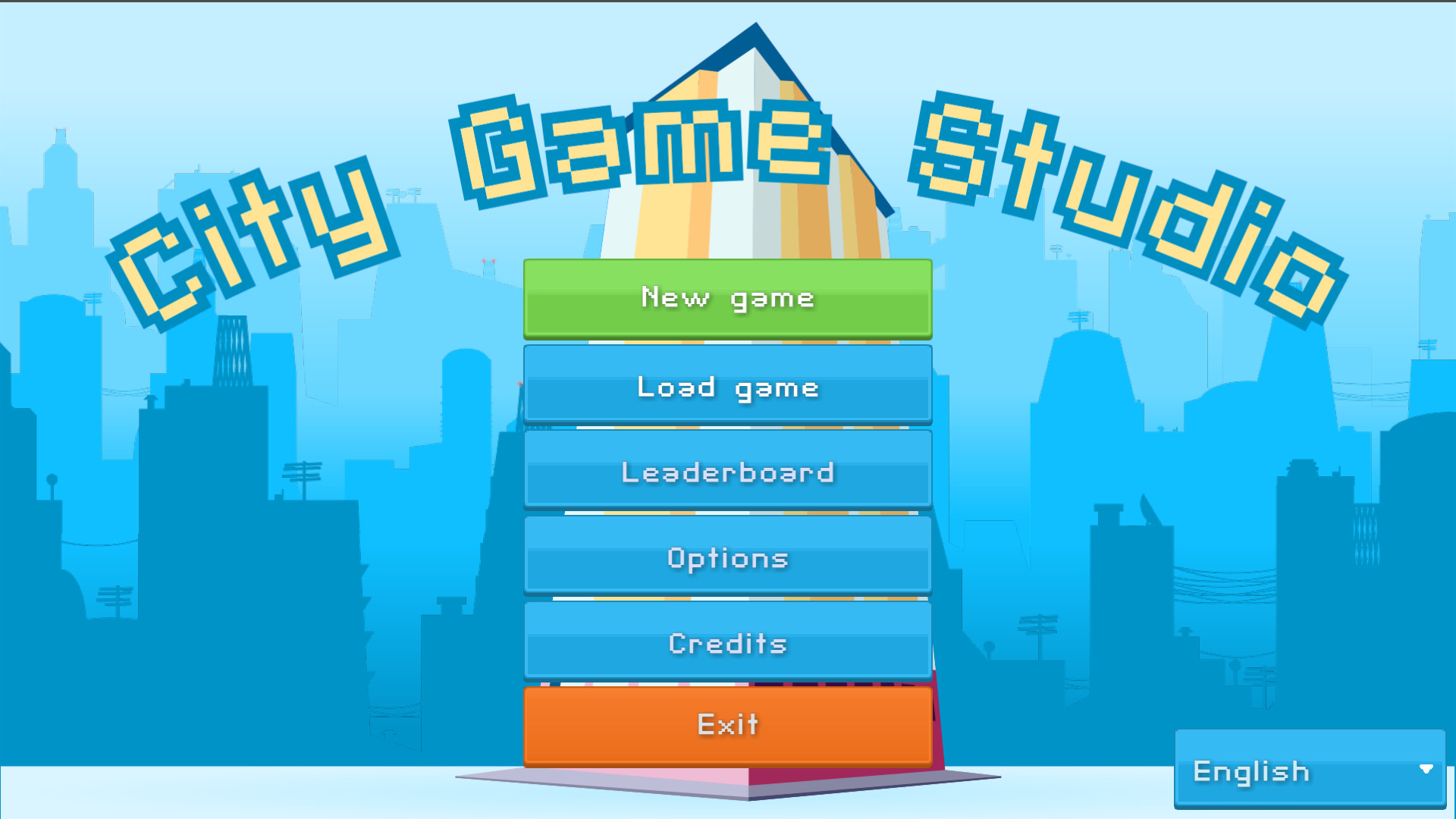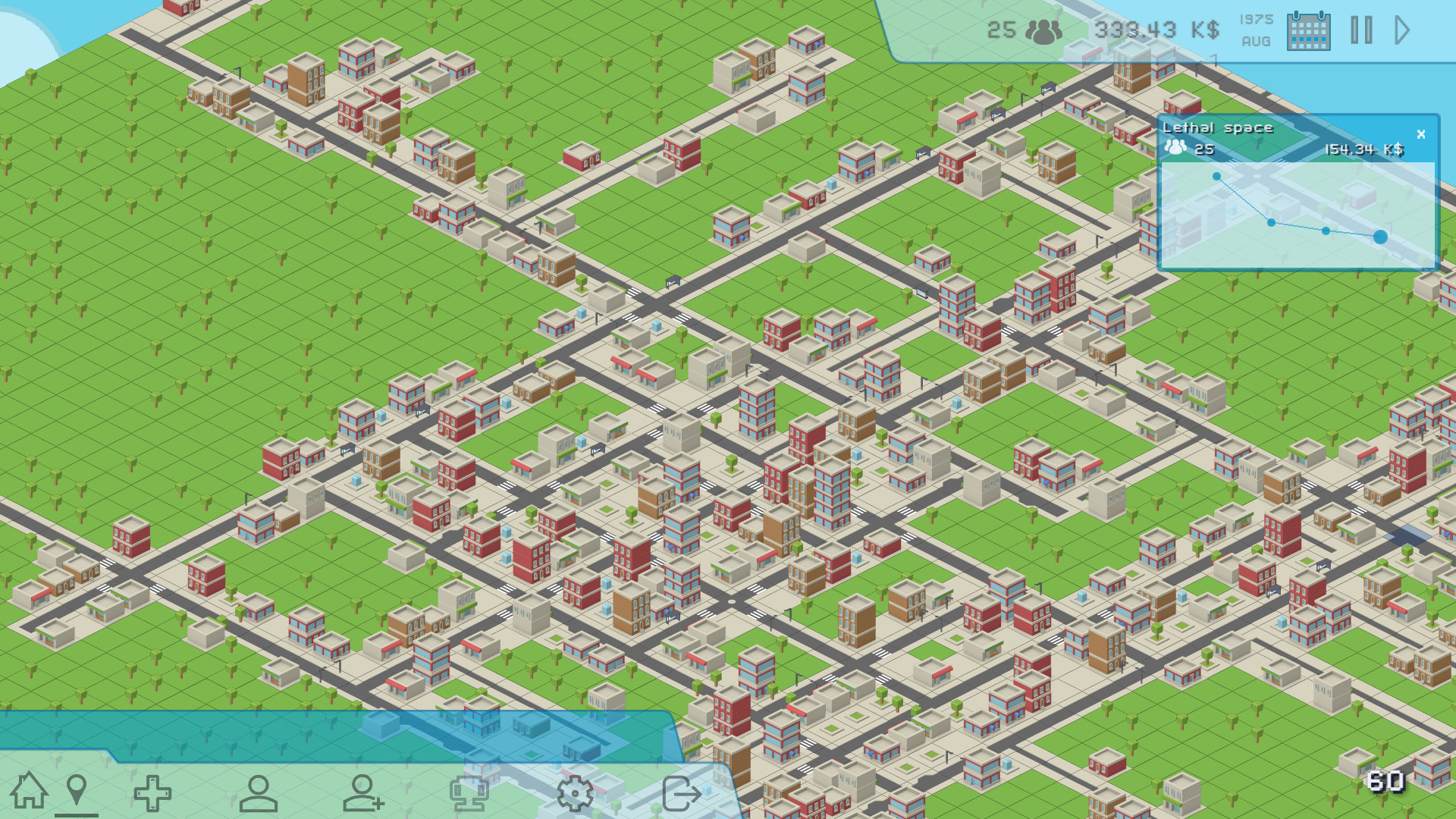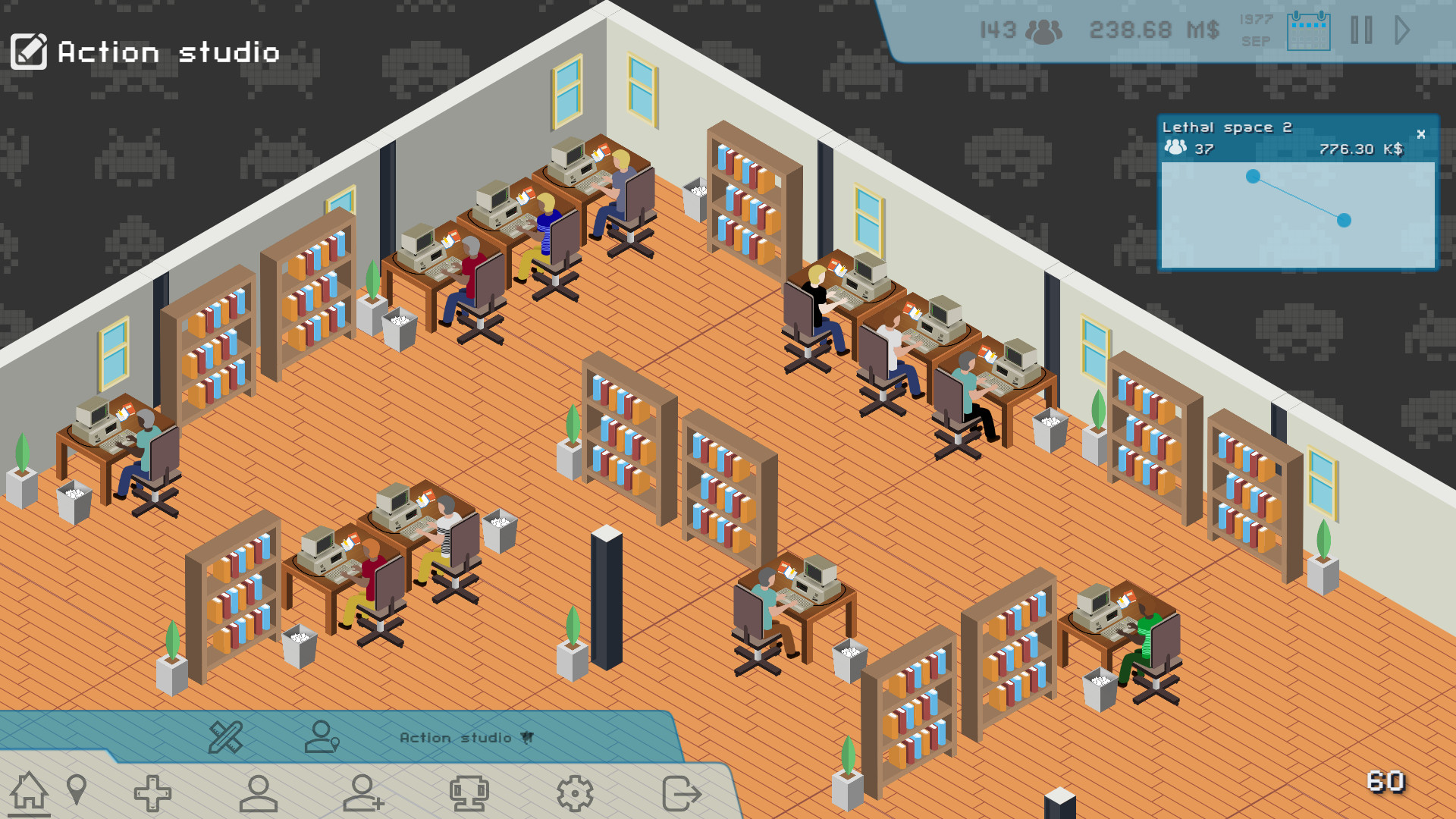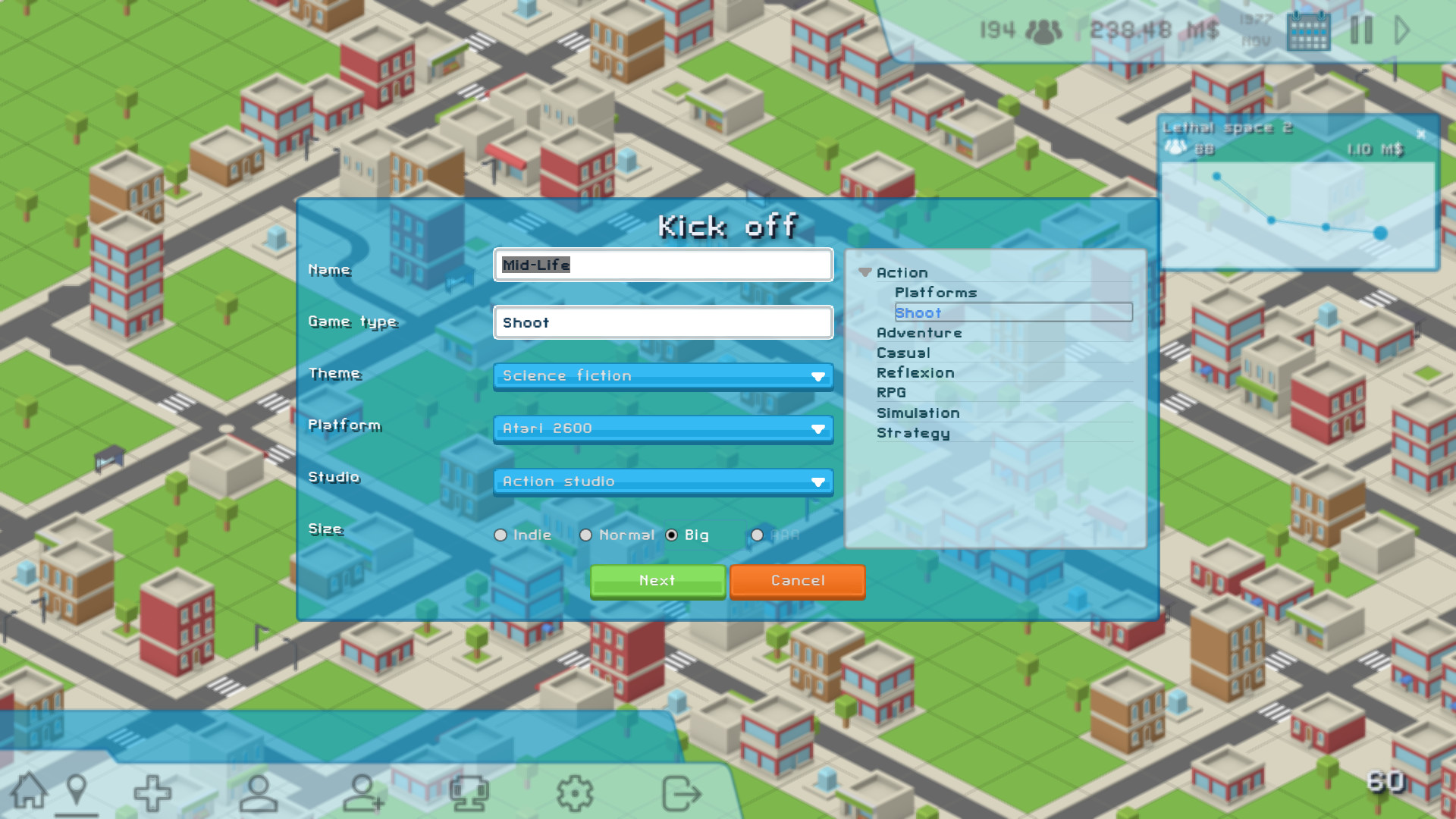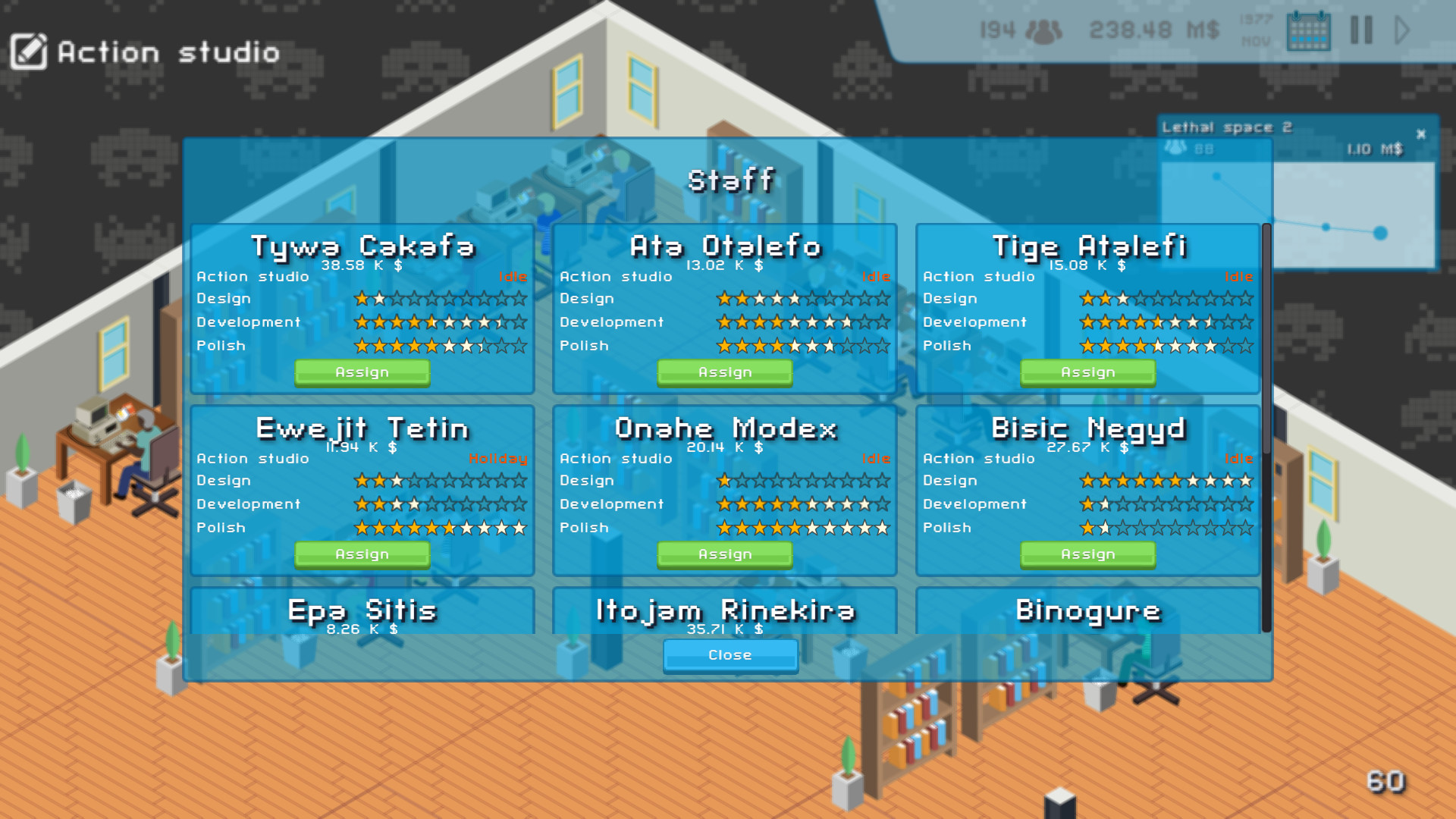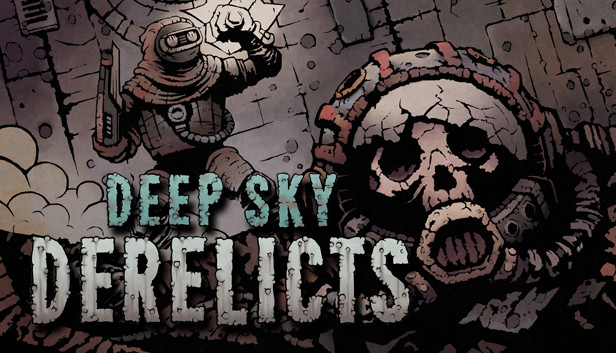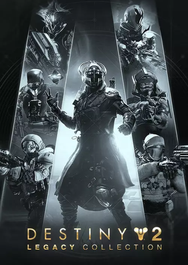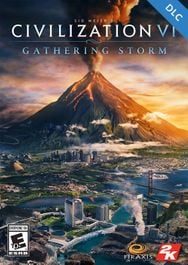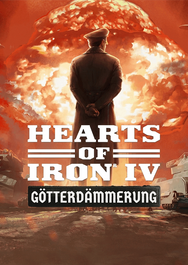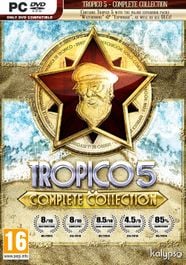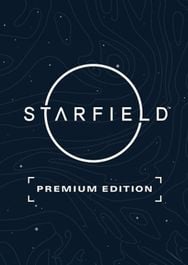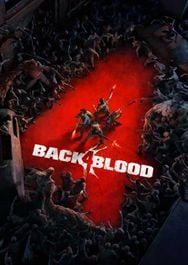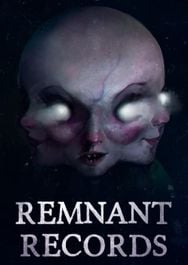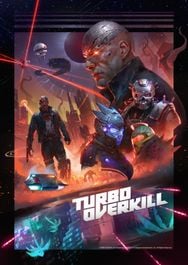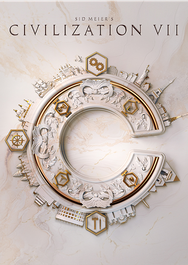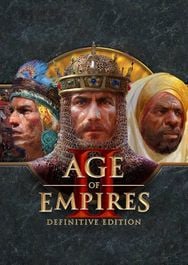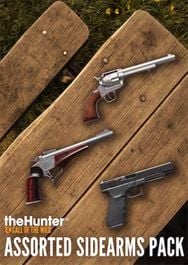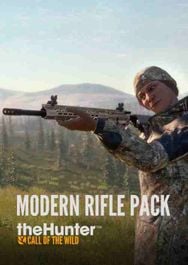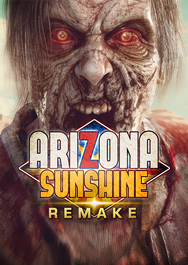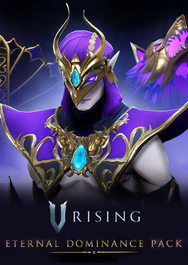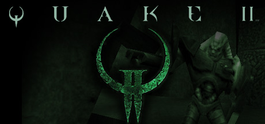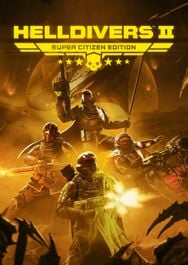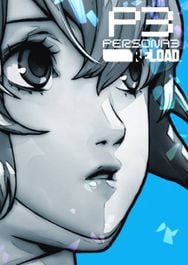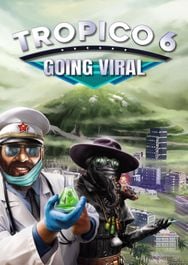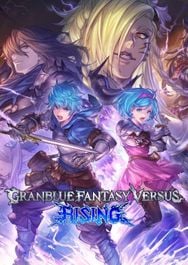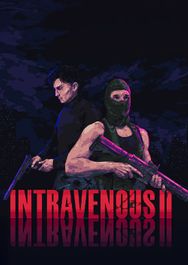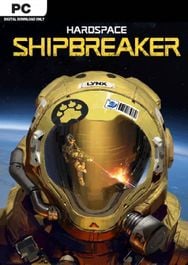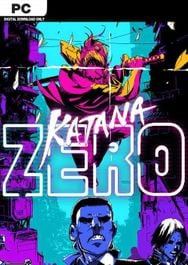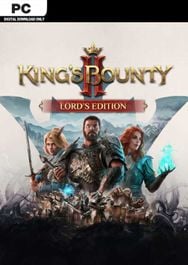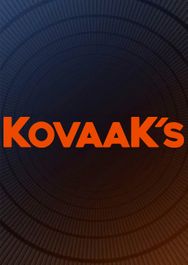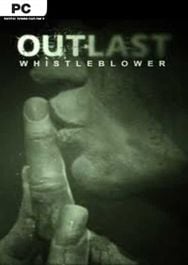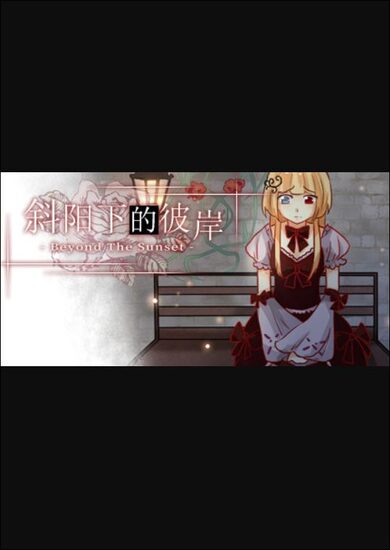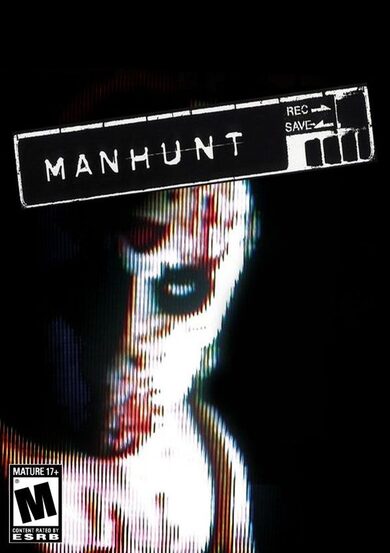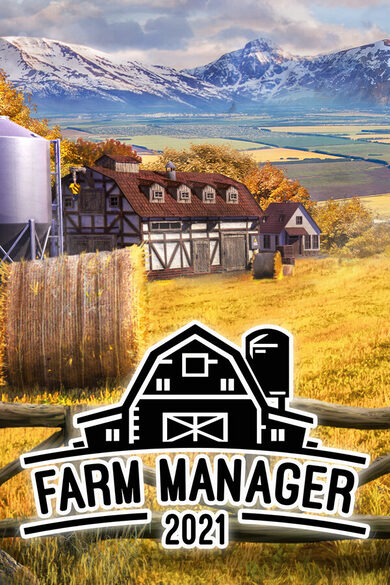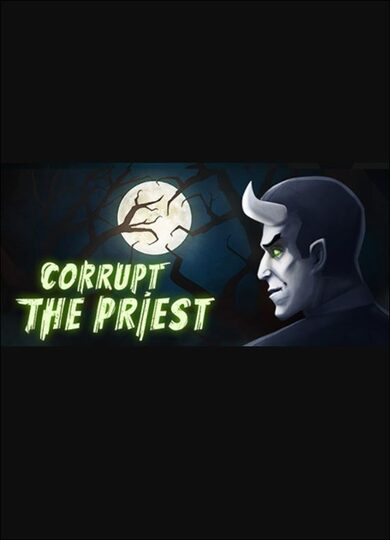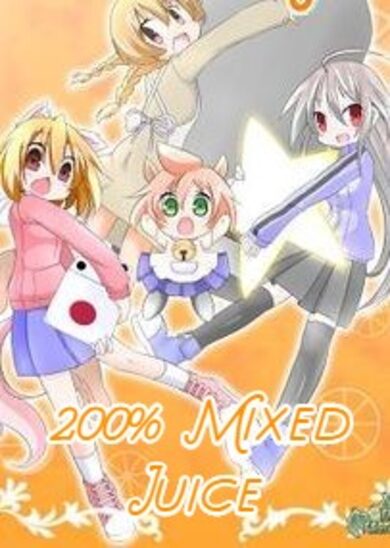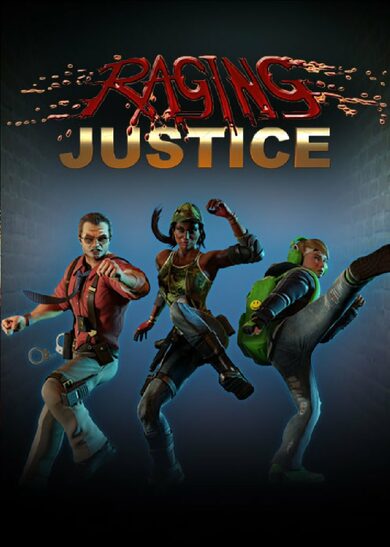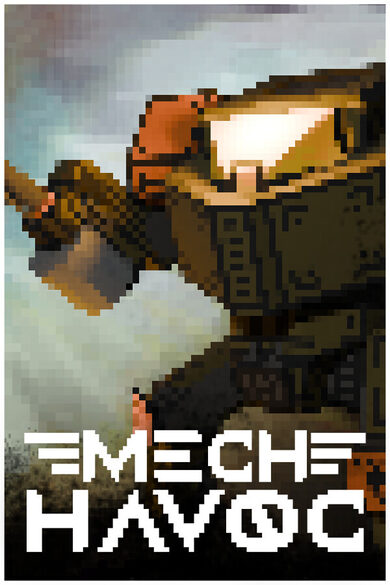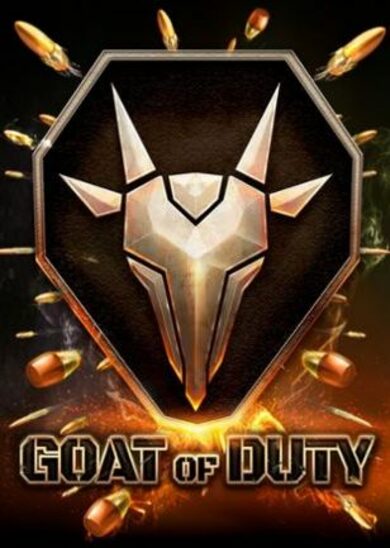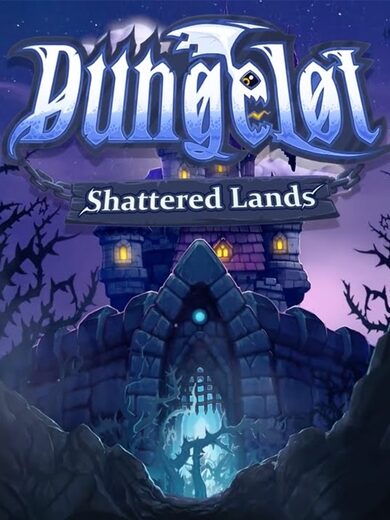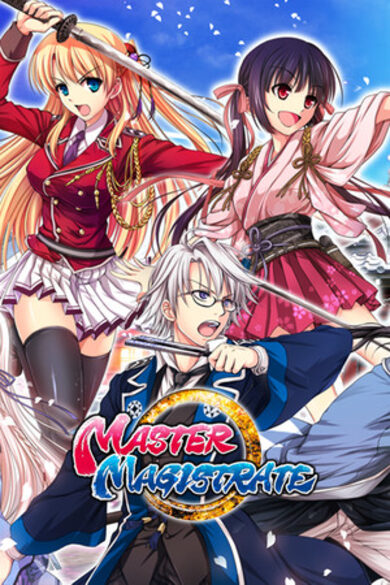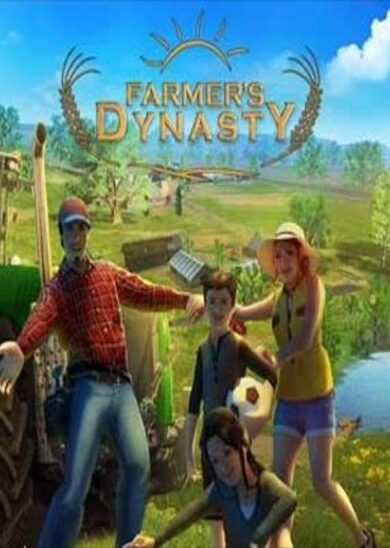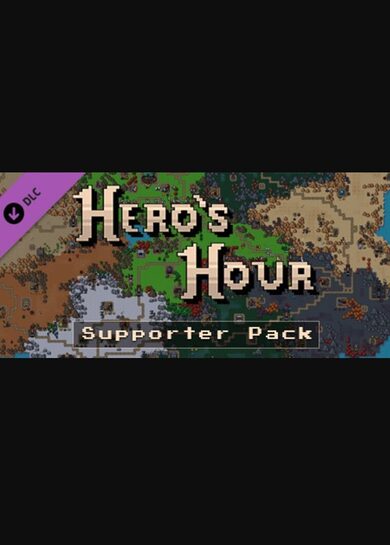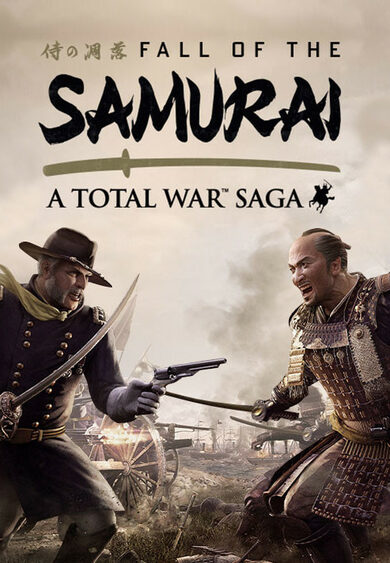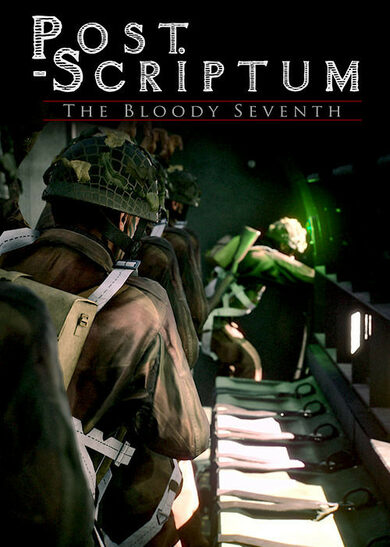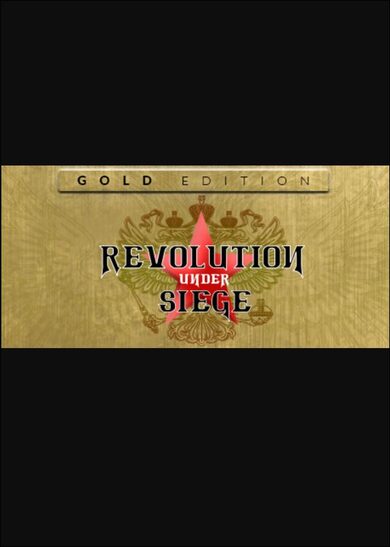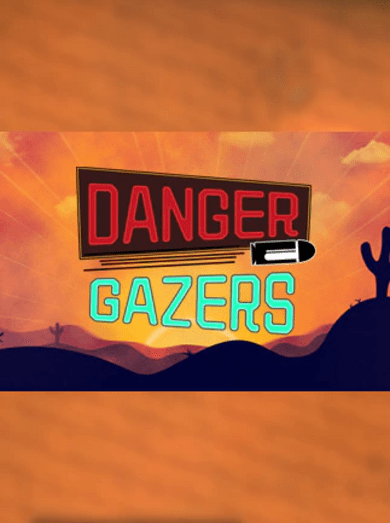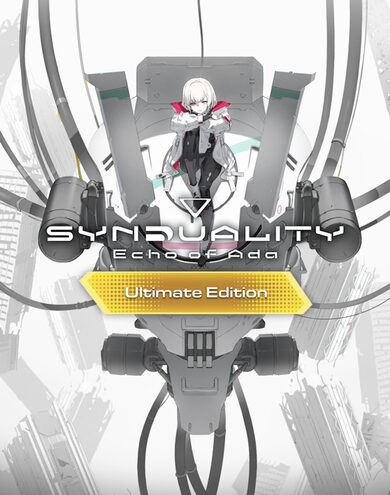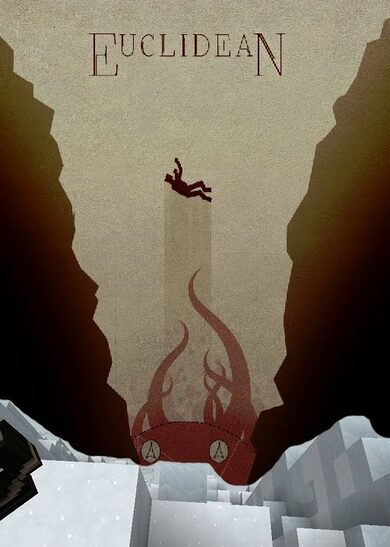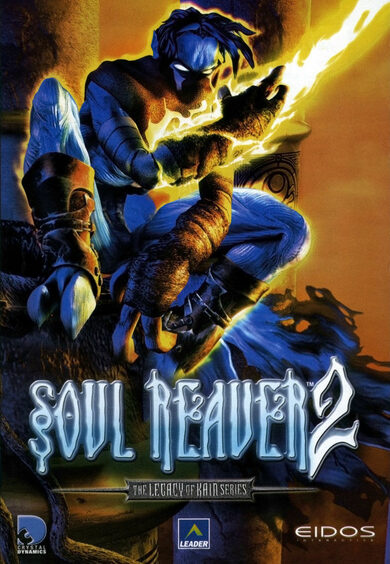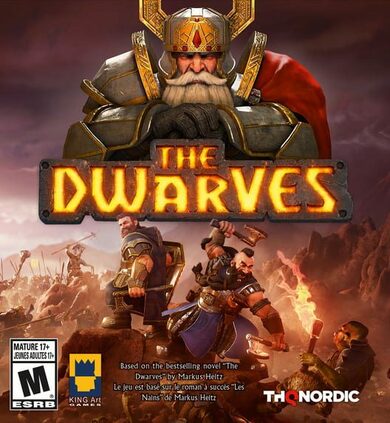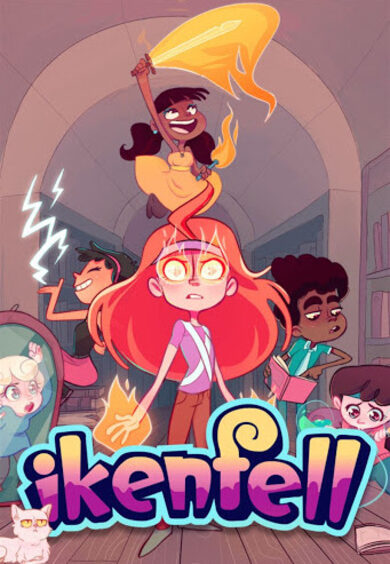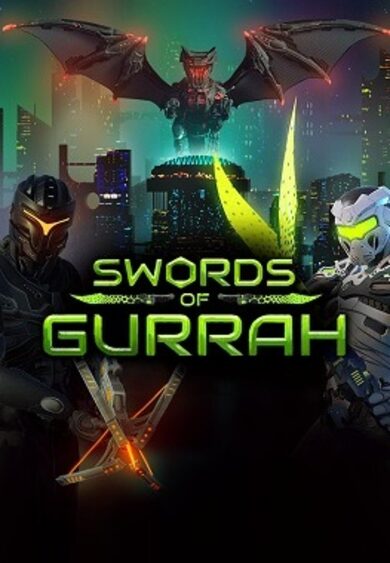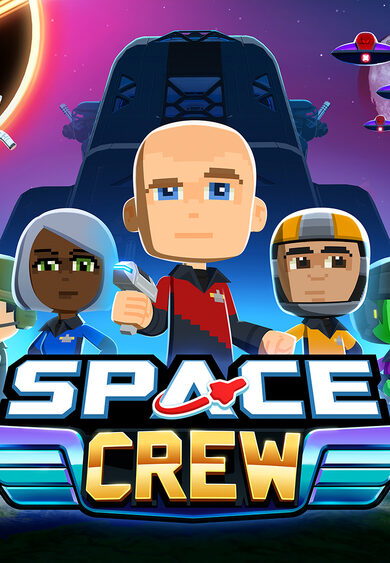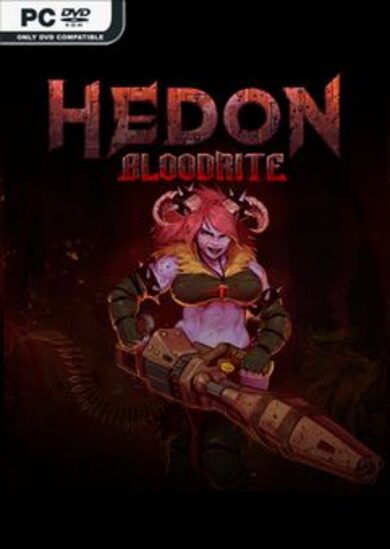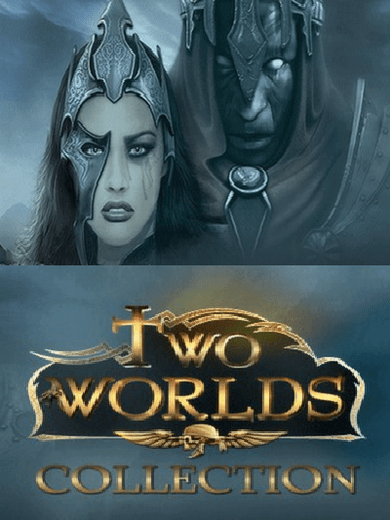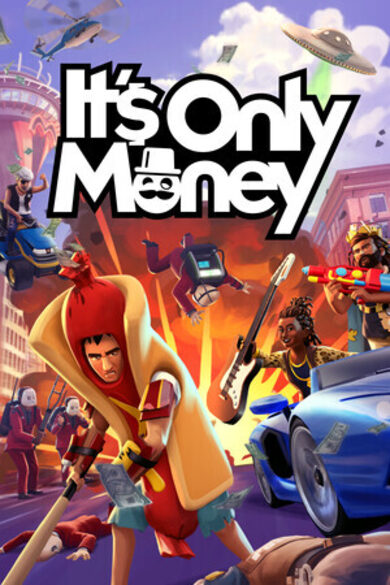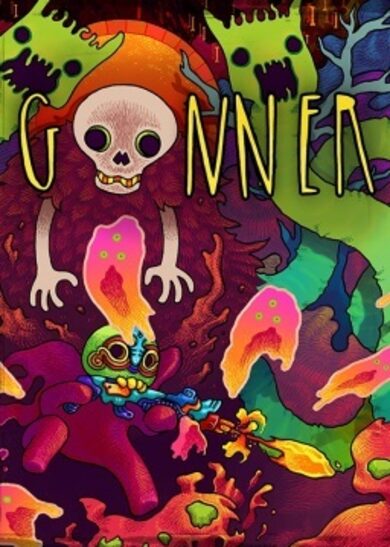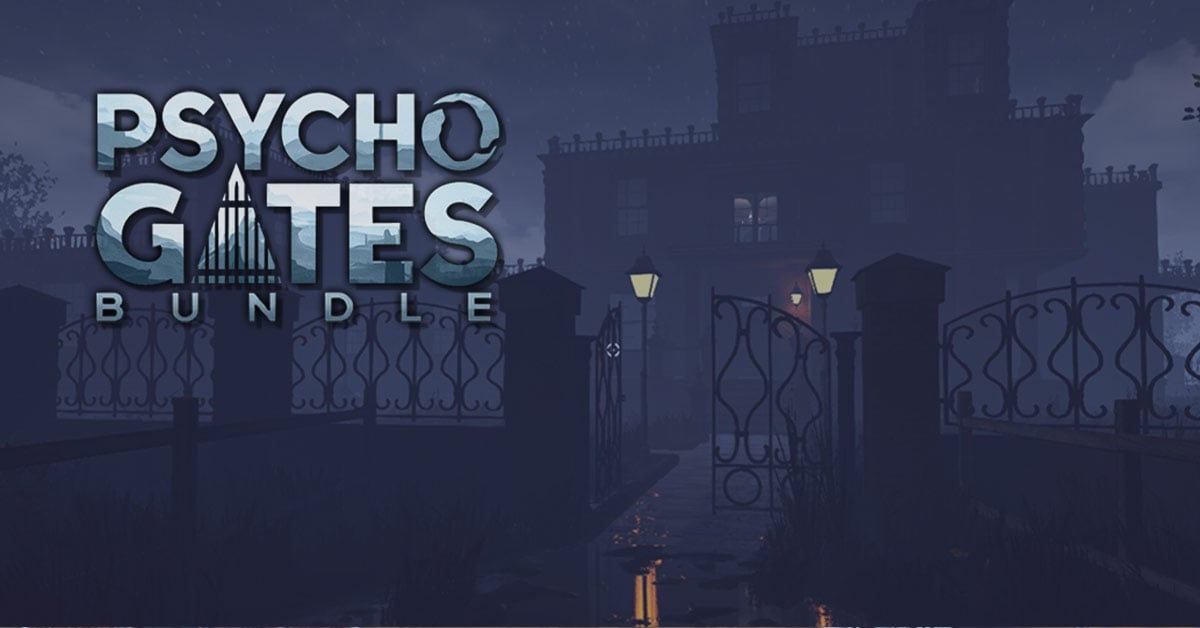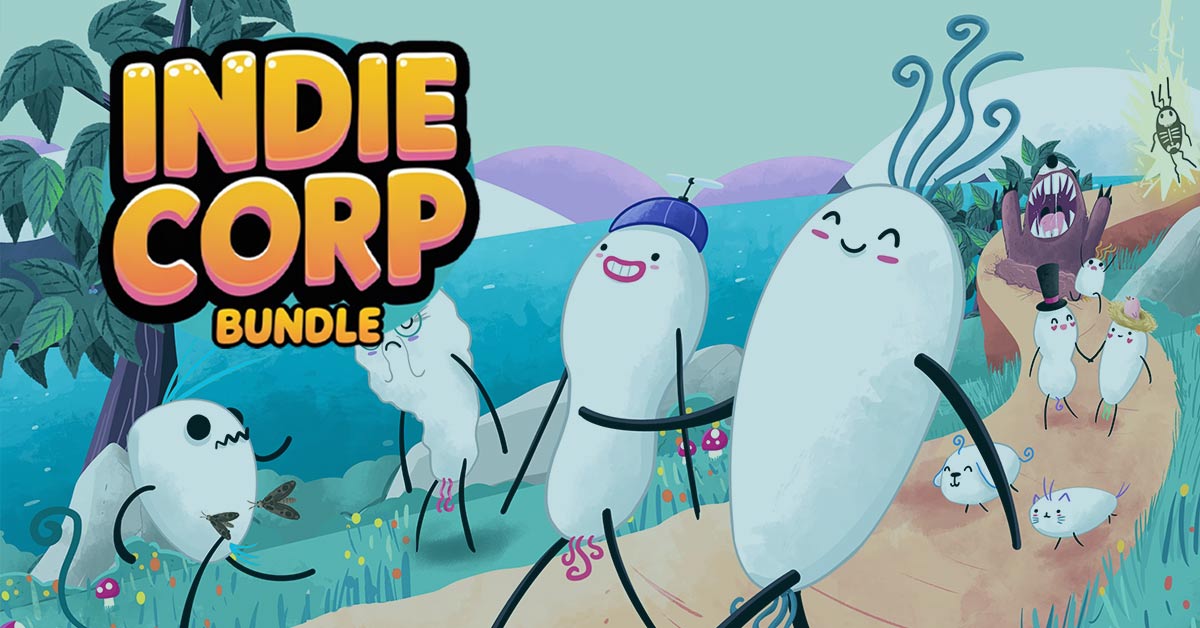January 1975, you have created your video game company. You are renting a tight place that allows you to develop your first game. Quickly, your games are successful and you already have to move, but it is up to you to cross the city to pick up your next local. In the blink of an eye you are hiring artists to improve the visual aspect of your games. Next came developers and then testers. But a problem remains, even if your games are brilliants, you don't have enough fans to self-publish a big game to make your studio profitable. You will have to turn to video game editors who will carve out the lion's share. Combinating successes is the only way of getting rid of the publishers. Furthermore you will be able to publish your own publishing contracts. Then you will then be ready to dominate the market and buy back your competitors.
Each game is unique
Maps and studios are procedurally generated. Combined with random events and customizable studios, you will rediscover the game with each new game.Assign the best studio
Browse the cities and choose the location of your next studio. As my uncle said "we do not hire new talents with vinegar !"Furnish your studios carefully
Everyone is not a studio designer, yet every piece of furniture has its place in your studio, and can have an influence on the history of your company.Publish, hire, repeat
Each game is unique, but over time new generations of consoles come out. You cannot create a bestseller alone. You have to hire new talents that will help you creating the perfect gameGame development
The development of the game is broadcast on twitch using the channel binogure.Hello everyone!
Well, its been a crazy busy week. Im currently preparing the marketing side of v1.20, and its taking quite a bit of my timetime that Im not spending on actual game development. But, were getting closer to the update release, so most of my time is now dedicated to testing and reviewing bug reports.
And youve found a lot of different bugs for me, though they all seem to stem from the same issue. When I introduced pagination for published games, I also introduced a bunch of bugs that prevented updates from being published or even sales from being organized. Fortunately, those bugs are now fixed, and I also took the opportunity to address a small but very visual bugthose bouncing dice that just fly off the screen.
Another fun addition is a new competitor: "Running with a Fork" has been added to the game. The logo is a bit more polished compared to other competitors, but its a little nod to the studio behind the excellent Postal 2! I should warn you though, Postal 2 is a great game, but a little violent and quite over the top.
In the last devlog, I mentioned City Game Studio 2, and I have to admit that now that Ive talked about it, Im really eager to start working on it. But before that, there are a couple of things I still need to wrap up in City Game Studio 1.
This week, Ill be focusing on adding sub-menus when you click on the buttons at the bottom of the screen. So, instead of opening big pop-ups that take time to load when youre searching for something, youll get a smaller menu offering different tabs via icons. It doesnt sound like much, but trust me, it should make your life easier.
To close this devlog, I want to give you a peek at the next big updatev1.21.0. I want to make things easier by introducing a new employee role: the Studio Director. This person will have a unique role, automating certain tasks. The Studio Director will need to be assigned to a studio, and only that director can manage the studio. When you release a game, you can instruct the director to automatically put the game out as soon as possible, so you wont have to worry about it. The idea isnt mine, once again, it came from you, and its a brilliant suggestion that should be coming with v1.21.0.
Thanks for reading! Ill see you next week for the final devlog of v1.20.0.
Take care,
Xavier aka Binogure
Minimum Setup
- OS: Linux Kernel 4.0. Mesa 12. X11 7 (or above)
- Processor: Single CoreMemory: 2 GB RAM
- Memory: 2 GB RAM
- Graphics: OpenGL 3.0 (1280x720)
- Storage: 512 MB available space
Recommended Setup
- OS: Linux Kernel 4.0. Mesa 12. X11 7 (or above)
- Processor: Dual CoreMemory: 4 GB RAM
- Graphics: OpenGL 3.0 (1600x900)
- Storage: 512 MB available space
[ 6365 ]
[ 6560 ]
[ 3185 ]
[ 2507 ]
[ 1655 ]
[ 1040 ]
[ 32822 ]
[ 882 ]
[ 45587 ]
[ 6040 ]

